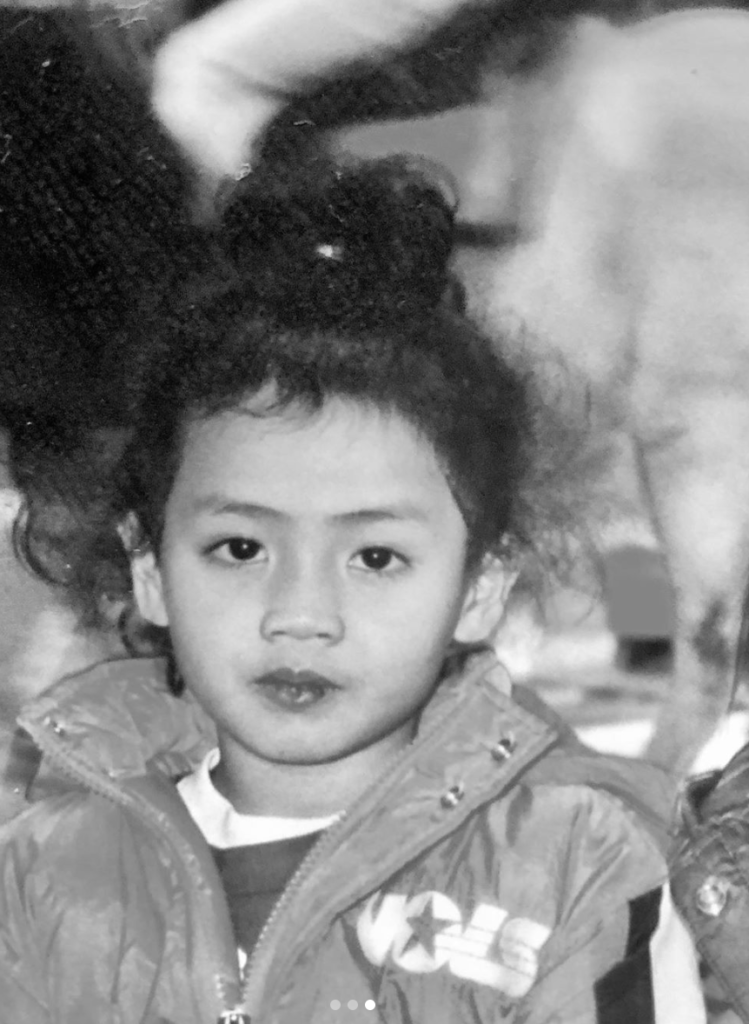
“Ter Kee Koh”
LayLay Zan
Karen | Saint Paul, MN | she/her/hers | Student
There once was a young girl with beautiful, thick, and voluminous hair. She never noticed her lush wavy curls. Her hair never bothered her until the oppressive “regime” attacked. Those attacks came in the form of teasing, shaming, upholding unrealistic beauty standards, colorism, and creating insecurities.
They called the girl child “ter kee koh”, which means curly head in the Karen language.
They not only teased her about her hair, but they attacked her skin color. They called her “kaw lah thoo mu” and “mee thway” – translated to mean Indian girl and charcoal. The skin that she was born with began to feel like something she needed to escape from.
The teasing never stopped. It continued for years. The effects caused her to deteriorate.
While other Karen girls didn’t have to worry about what to do with their hair, she stressed about it. Others’ hairs always seem to fall perfectly in place, while her curly hair was frizzy and stuck out of her head. She began to compare herself to the women around her; little did she know this was an act of violence against her.
She thought she had found a solution. That solution came in the form of straight perms. She added heat and chemicals to relax her hair, which harmed her hair’s natural roots. She accepted the pain because her hair was now straight. It was straight, smooth, silky and shiny – just like other Karen girls. Just like the pretty girls.
Like Samson who lost his powers when his hair was cut, the girl lost her power each time she straightened it. She grew weaker and gave in to her insecurities. One night, her mother noticed her weeping and asked what was wrong. She cried to her mother and asked, “Was I adopted mom? Why don’t you have curly hair mom? Mom, my skin is darker than yours; am I really your daughter?” These questions hurt the girl’s mom.
She had capitulated to the regime. The regime had succeeded in asserting their power over the girl. The regime succeeded in planting a seed of internalized oppression inside of the girl.
Her mother held her as she wept, and said, “Daughter, what are you saying? You are my daughter! You are my blood. You come from a history of the Karen people. Your hair is like the mountain ranges where our people came from; strong and resilient. You are beautiful.”
The regime had a strong hold of her, but as the girl grew older the chains of internalized oppression began to fail. The regime began to crumble. The girl grew into a woman who accepted her natural hair. This was the power she had always held. The journey took years, but once she recognized her power, those around her recognized theirs as well.
Love all that you are, that is your power.
#MinneAsianStories Series
The Power of Me
2020
Coming Soon
This is Home
2019
Hello, Neighbor
2018